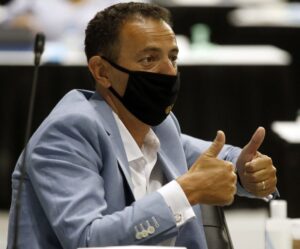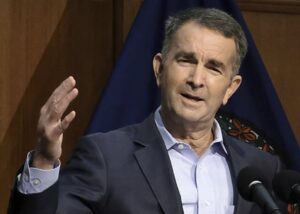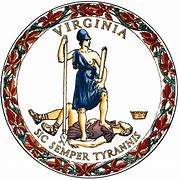 by James C. Sherlock
by James C. Sherlock
Virginians – the state and individual citizens – have received over $81 billion in COVID-related federal funding. That comes to $9,507 for every man, woman and child in the Commonwealth. Big money.
That was Virginia’s share of $5.3 trillion in federal spending just on the pandemic (so far). A trillion dollars is a million million dollars. A thousand billion dollars.
For comparison, GDP was about $21 trillion in 2020 It is projected to total just short of $23 trillion this year. The national debt is $29 trillion and growing. A little over $86,000 for every American. That figure does not include the $5 trillion in additional spending pending in the Congress.
Every day we spend $1 billion on interest with interest on the 10-year treasuries at 1.18% today. The Congressional budget office predicts 3.6% before 2027. Do the math. That is $3 billion a day — well over a trillion dollars a year — in interest.
Relax. If you thought I was about to launch off on a discussion of drunken sailors, writing checks that our grandkids will have to make good, and the fact that inflation will drive interest payments ever upward, be reassured I am not.
This is about the demonstrated inability of many government agencies at every level to regulate, administer, oversee, spend and repeat with anything approaching efficiency or effectiveness. Continue reading





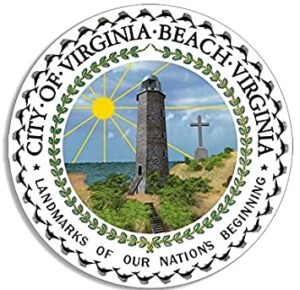 by Dick Hall-Sizemore
by Dick Hall-Sizemore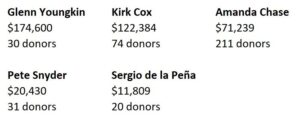

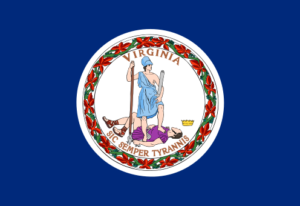 by James C. Sherlock
by James C. Sherlock
